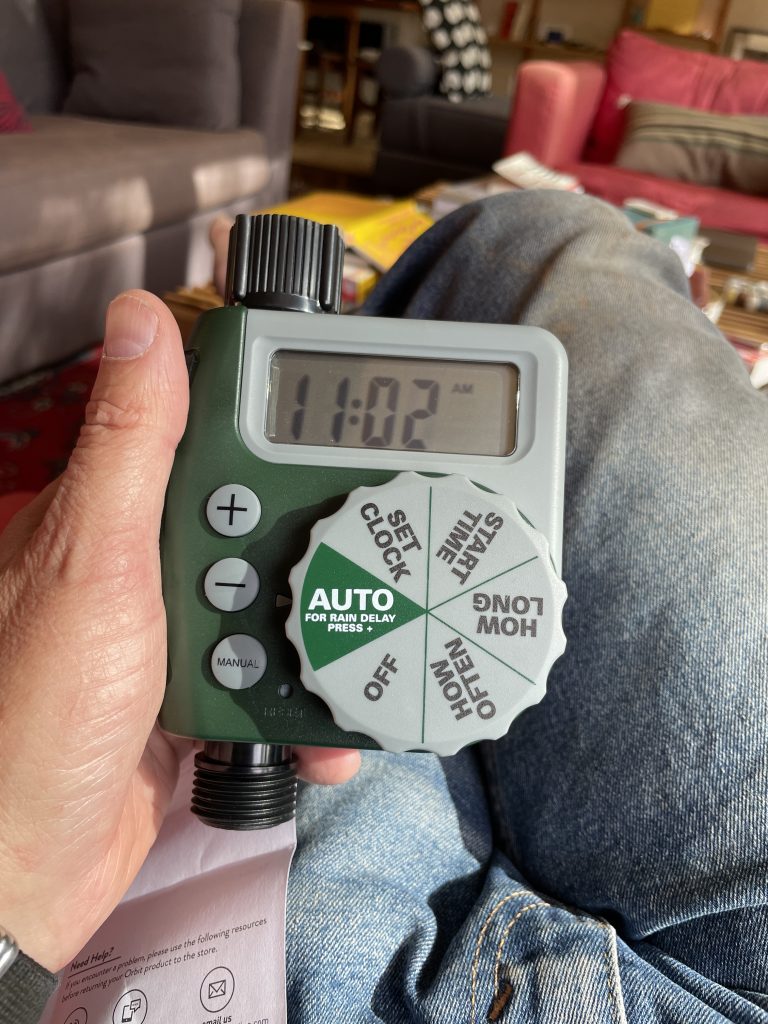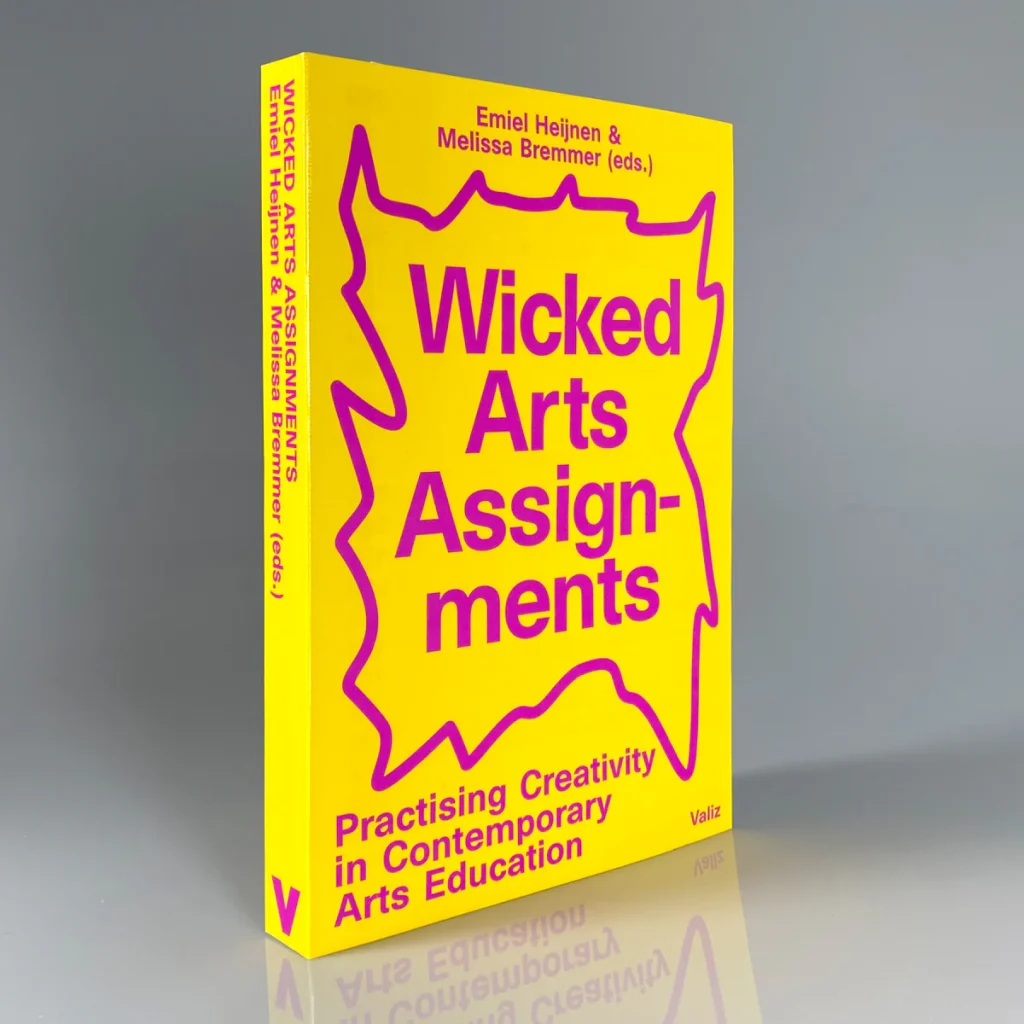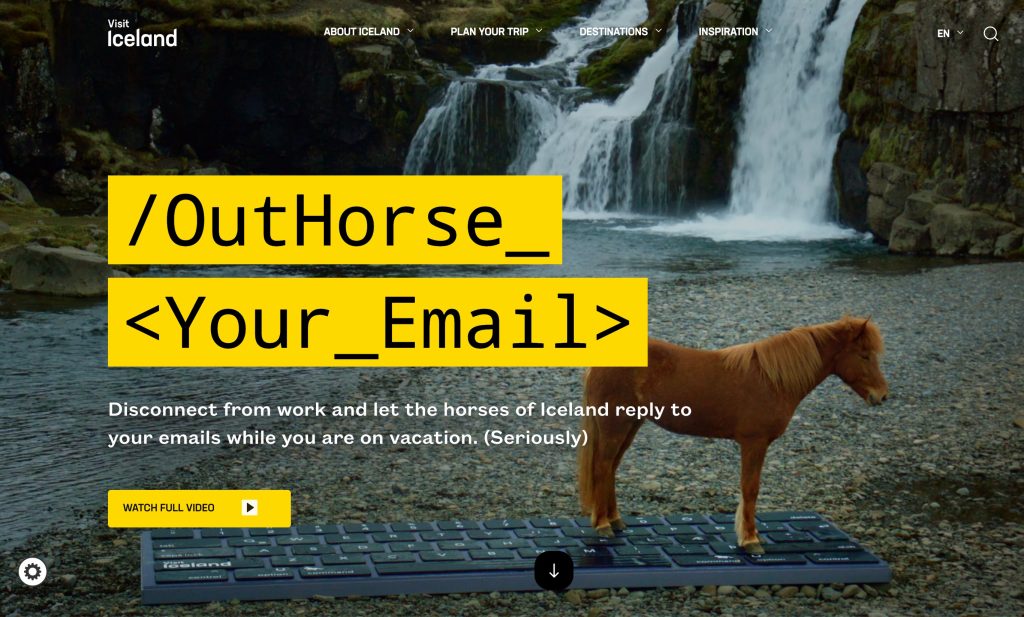I just spent 10+ days in Israel — before the current ceasefire. It was a personally very difficult time — not the vacation it was intended to be. There has been some focus on how both sides communicated during the fighting (with each other and the wider world) and how how both used traditional and new (including social) media to get their side of the story out. I might write about some of these in future posts… because there are some interesting lessons for communicators.
But this post is NOT about getting the word out .. it’s about getting the word IN. About listening.
Of course during times of war very little listening goes on in the process of communicating. During times of war people tend to polarize.. and the means of communication take extreme forms. The most extreme of course are deployment of rockets and bombs as “messages”. The second most extreme are the deployment of highly symbolic images like flags and cultural, religious or national symbols — especially when tied, say in a photo or video, to images of war.
But even during times of relative calm there isn’t nearly enough listening going on in my view. There is lots of talking… but the lack of listening means there is little actual communicating.
I am reading a very interesting (and in my view quite balanced) book right now .. a sort of ethnographic history of the conflict between Jews and Arabs in the middle east .. through the lens of one town Jaffa (we actually stayed almost in Jaffa during this trip and I bought the book in a shop there). The book is called City of Oranges, An Intimate History of Arabs and Jews in Jaffa. It’s written by Adam LeBor.
LeBor is an excellent LISTENER. He listens to and retells the stories of six families from Jaffa.. three Arab families and three Jewish families.
I can’t help feeling that if there were a real outlet for people to be heard there might be a chance for resolution of this extremely tricky and tragic situation.
BUT listening is really hard work… it’s the hardest part about communicating.
I don’t profess to know what the ultimate solution for the region is … but I am quite certain that it starts with people on both sides HEARING and internalizing and owning/admitting some very hard realities about themselves. This will happen by LISTENING to their “enemies” as well as to diverse voices within their own communities.
If you read this blog for business (as most do) it’s instructive to think about how much listening is happening in your communication with customers.



Leave a response
Responses
4 responses
Barak – several thoughts on your well-considered blog.
How good an example of a lisener am I? In our telephone conversation the other day? With my kids?. As Ghandi said, “be the change you want in the world”… So it’s good to bring the political down to the personal level.
Second – in my events business, I’m often pre-occupied with “the program”, who’s speaking. Probably a good idea to prioritize the idea of exchange, rather than the next speaker’s slot.
Last – if developing our listening sensitivity is critical as you say, I wonder if there’s not a critical role for music. After all, we’re all devoted listeners to our favorite I-Pod lists. Can we use music, maybe the other guy’s music, as part the exchange process to open our ears?
Wow Jeb… It seems like part of effective listening is checking how you’re doing every once in a while — as you did in your comment (answer is yes, btw). It’s making me realize I have some people I need to check in with in this regard. And YES on the speakers vs. the exchange. I actually thought the way you handled the exchange @ MMF was good… it felt like a conversation. And… aaaaah… the music. What a GREAT idea. Now THAT would be a conference/show/event/exchange to put on.
Music?
In 1914 the german soldiers who were fighting in the Belgium front, freezing and dying in the trenches, started lighting candles and singing Stille Nacht, the soldiers in both sides laid down the weapons. An undeclared truce had broken out spontaneously. The power of music worked for 10 days but….the war continued with the same cruelty after all. I’m afraid the music is not enough.
Hi, Barak
I enjoyed your blog very much. You are a sensitive soul with some wonderful advice. I have lived here for 15 years and I originally came as a liberal and completely open-hearted. I have also LISTENED for 15 years from the mouths of my cousins what their final intentions are. Barak, you come from a good heart, and I see this. Ifyou have studied the Koran from Arabs as I have, you will see the real feelings behind a 2 state-solution. Anybody who is not Muslim, holds dhimmi(inferior) status and is obligated to serve the former. As history clearly shows, a Muslim state is inherently incapable of equality among its citizens. The Jews have brought more justice and democracy to the Middle East than ever before. I don’t have all the answers, Barak, but I ,too, want peace. Please visit http://www.the18.org. Look forward to your comments, my brother.